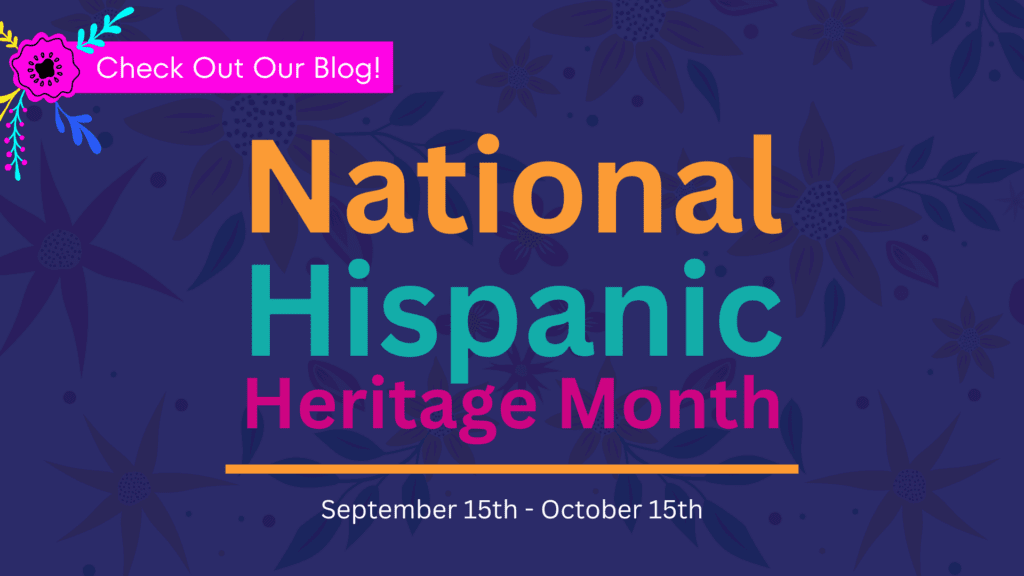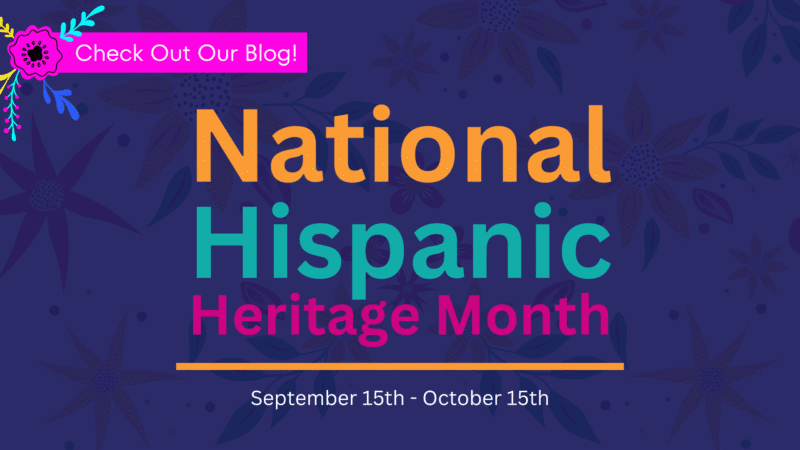
Each year, Hispanic Heritage Month offers a chance to reflect on the profound contributions of Hispanic and Latinx communities to the fabric of the United States. The 2024 theme, Pioneers of Change: Shaping the Future Together, highlights the countless individuals and movements that have not only impacted society but have driven transformative change. From labor rights activists to cultural icons, Hispanic pioneers have consistently challenged the status quo, shaping the future of the nation
Laying the Foundations for Change
The early 20th century was a pivotal time for Hispanic communities in the U.S., as they sought economic opportunities and laid the foundation for future social justice movements. Pioneers during this time faced harsh working conditions, discrimination, and limited political representation. Yet, their resilience set the stage for future progress.
- The Mexican Revolution and Migration (1910–1930s): The Mexican Revolution led to an influx of Mexican immigrants into the U.S., where many became vital to the agricultural and industrial workforce. Though these workers faced exploitative conditions, they played a crucial role in building infrastructure and feeding the nation. Their migration forged early Hispanic communities that would later become political and cultural strongholds in the U.S.
- Luisa Moreno and Labor Rights (1930s–1940s): Guatemalan-born Luisa Moreno was a trailblazer in the fight for labor rights. As a labor organizer, she advocated for the rights of Hispanic and Latinx workers, particularly women, in the 1930s and 1940s. Her leadership in unions like the United Cannery, Agricultural, Packing, and Allied Workers of America (UCAPAWA) helped secure fair wages and better working conditions. Moreno’s activism laid the groundwork for future Hispanic labor leaders like César Chávez and Dolores Huerta.
Civil Rights, Political Empowerment, and Cultural Pride
By the mid-20th century, Hispanic communities across the country began to organize and fight for civil rights, cultural recognition, and political power. This era was marked by significant movements and individuals who pioneered change, reshaping the political and cultural landscape of America.
- César Chávez and Dolores Huerta: Pioneers of Labor and Civil Rights (1960s): As co-founders of the United Farm Workers (UFW), Chávez and Huerta became symbols of the Hispanic labor movement. Their leadership in nonviolent protests, strikes, and boycotts aimed to secure better wages and working conditions for farmworkers, many of whom were Mexican-American. Their work led to national attention on the plight of migrant workers and spurred legislative change.
- The Chicano Movement (1960s–1970s): The Chicano Movement, or El Movimiento, was a cultural and civil rights movement that sought to combat racial discrimination and reclaim Mexican-American identity and pride. Leaders like Corky Gonzales, Reies Tijerina, and Dolores Huerta pioneered efforts in education reform, land rights, and political empowerment. The Chicano movement also paved the way for the establishment of Hispanic Studies programs at major universities and helped increase political representation for Mexican-Americans in local, state, and federal government.
- Pioneers in Politics: Henry B. González and Gloria Molina (1970s–1980s): In the realm of politics, figures like Henry B. González, the first Mexican-American to be elected to the U.S. House of Representatives from Texas, and Gloria Molina, the first Latina to serve on the Los Angeles City Council and Board of Supervisors, were trailblazers for Hispanic political representation. Their work in advocating for minority rights and public policy reform demonstrated the growing political power of Hispanic and Latinx communities.
Expanding Influence in Arts, Media, and Business
The late 20th and early 21st centuries witnessed an explosion of Hispanic and Latinx representation in arts, media, business, and politics. Pioneers in these fields not only shaped American culture but also inspired younger generations to embrace their identities and challenge societal barriers.
- Selena Quintanilla: A Cultural Icon (1990s): Known as the “Queen of Tejano Music,” Selena Quintanilla was more than a singer—she was a trailblazer who broke through barriers in a predominantly male-dominated industry. Her music, blending Mexican and American influences, resonated with both Hispanic and non-Hispanic audiences. Selena’s legacy continues to inspire generations of Latinx artists, and her cultural impact is felt worldwide.
- Sonia Sotomayor: A Pioneer in Law (2009): In 2009, Sonia Sotomayor made history as the first Hispanic Supreme Court Justice. Her appointment was a landmark moment for Hispanic representation in the judiciary. Sotomayor’s legal career, marked by her sharp intellect and commitment to justice, serves as a beacon of inspiration for young Hispanic and Latinx individuals aspiring to enter the legal profession.
Shaping the Future Together
In recent years, Hispanic and Latinx pioneers continue to push the boundaries of innovation, political representation, and cultural influence, driving progress on issues such as immigration reform, social justice, and environmental sustainability.
- Alexandria Ocasio-Cortez: A Political Trailblazer (2018): Elected to Congress in 2018, Alexandria Ocasio-Cortez (AOC) quickly became a leading voice for progressive policies and social justice. As one of the youngest women ever elected to Congress and a proud Latina, AOC has pioneered change on issues such as climate action, income inequality, and healthcare reform. Her success symbolizes the increasing political power and influence of Hispanic millennials and Gen Z.
- Latinx Environmental Pioneers: In the fight against climate change, Hispanic and Latinx activists have emerged as key voices in advocating for environmental justice. Figures like Xiuhtezcatl Martinez, a youth climate activist of Aztec heritage, and Christine Nieves, a Puerto Rican climate leader, are working to address the disproportionate impact of environmental degradation on marginalized communities.
- Pioneers in Tech and Innovation: The tech industry has also seen the rise of Hispanic leaders like Carolina Martínez, who has become an advocate for inclusion in the tech workforce, and Raul Moas, whose work with venture capital has supported the growth of Latinx-led startups. Their efforts are ensuring that the future of innovation includes voices from diverse backgrounds.
As we celebrate Hispanic Heritage Month, the theme “Pioneers of Change: Shaping the Future Together” reminds us of the trailblazers who have overcome obstacles and made lasting contributions to American society. From labor leaders to political pioneers, cultural icons to tech innovators, Hispanic and Latinx communities have continuously driven progress. Their achievements remind us that shaping the future requires a collective effort, one that honors the past while striving toward an inclusive and equitable tomorrow.




